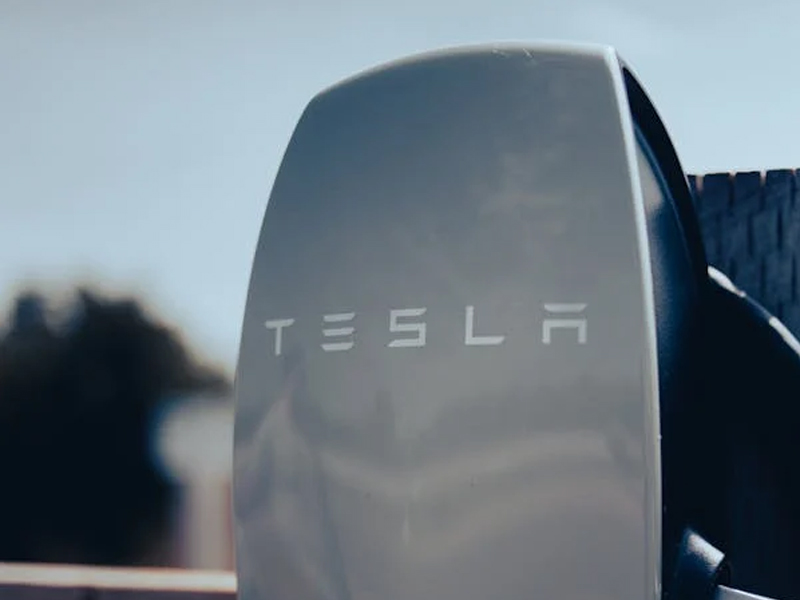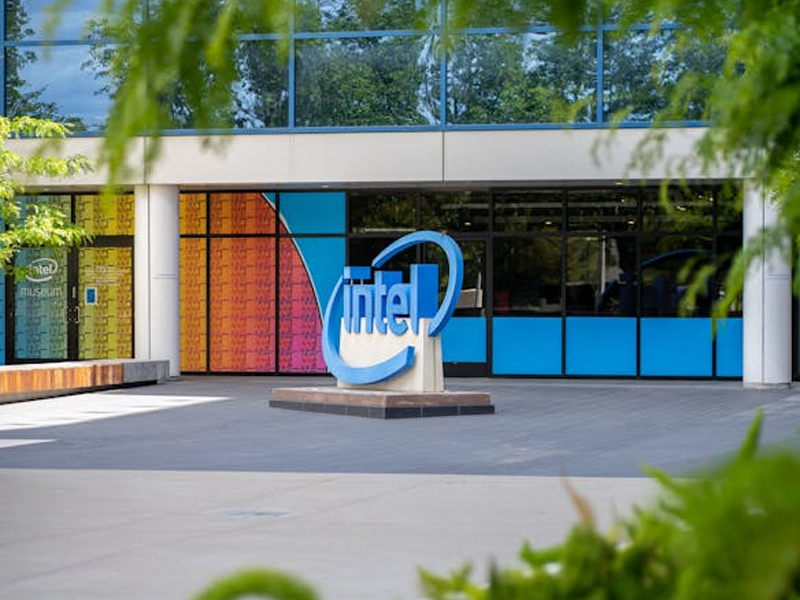UK Supermarket to run on electricity made from its own rotting food
Uncategorized
 The retail sector has been enlivened by the news of path breaking innovation witnessed at a leading grocery store in the United Kingdom. This store has plans to tap unsold and rotting produce to harvest biogas and thereby power its operations. This plan will definitely lead to immense electricity savings and will contribute largely towards the betterment of the environment. This Sainsbury’s store is located in central England’s Cannock and is accessing anaerobic digesters for the purpose.
The culmination of this bold experiment will see the store going off the national power grid of the United Kingdom altogether. The store wishes to do away with routine power consumption based on nuclear power plants, coal and natural gas among other sources. Alongside, any additional electricity that is generated by the Sainsbury’s store will also be sold back to the national power grid. This move is being praised and welcomed across all sectors and could well set a precedent for the reduction of overall carbon footprint in the retail sector.
According to most reports, this store will create history by being the first commercial entity to stop using the power grid altogether. The United States has its own path breaking Kroger grocery store which provides in excess of 20 percent of the overall electricity needs of the store and its distribution center in Compton. Alongside, most states and cities in the United States are already planning to use anaerobic digester systems and technology to tackle discarded food, which makes it a popular choice for a venture of this nature.
The anaerobic digester has a complex system of working and requires thorough research and skill to set right. Sainsbury’s has zeroed in on a system where all the food waste from multiple stores will be delivered to a central depot for this purpose. Multiple stores are required to generate the amounts of waste required for the success of this experiment. Biffa, a company specializing in waste management, will transport the same from the central depot to the Cannock location on a regular basis. The anaerobic digester deployed by Biffa at Cannock will ensure that tanks free of oxygen are employed for taking in the wasted food in addition to specific species of bacteria kept inside already.
Food is thus broken down by the bacteria in a multilayered procedure and carbon dioxide and methane are produced at the very last stage of the breakdown process. The plant installed by Biffa at Cannock will ensure that carbon dioxide is separated from methane thereafter. Thereafter, the resultant biomethane will be tapped for the production of electricity which is carried right back to the Sainsbury’s store through a cable that is about 1.5 kilometers long. The production of digestate or liquid and solid wastes due to anaerobic digestion has to be tackled by the store with regard to making this a successful initiative.
All in all, this promises to be one of the most innovative measures employed by any store in UK in recent times and should augur well for more such scientific ventures in the near future.
The retail sector has been enlivened by the news of path breaking innovation witnessed at a leading grocery store in the United Kingdom. This store has plans to tap unsold and rotting produce to harvest biogas and thereby power its operations. This plan will definitely lead to immense electricity savings and will contribute largely towards the betterment of the environment. This Sainsbury’s store is located in central England’s Cannock and is accessing anaerobic digesters for the purpose.
The culmination of this bold experiment will see the store going off the national power grid of the United Kingdom altogether. The store wishes to do away with routine power consumption based on nuclear power plants, coal and natural gas among other sources. Alongside, any additional electricity that is generated by the Sainsbury’s store will also be sold back to the national power grid. This move is being praised and welcomed across all sectors and could well set a precedent for the reduction of overall carbon footprint in the retail sector.
According to most reports, this store will create history by being the first commercial entity to stop using the power grid altogether. The United States has its own path breaking Kroger grocery store which provides in excess of 20 percent of the overall electricity needs of the store and its distribution center in Compton. Alongside, most states and cities in the United States are already planning to use anaerobic digester systems and technology to tackle discarded food, which makes it a popular choice for a venture of this nature.
The anaerobic digester has a complex system of working and requires thorough research and skill to set right. Sainsbury’s has zeroed in on a system where all the food waste from multiple stores will be delivered to a central depot for this purpose. Multiple stores are required to generate the amounts of waste required for the success of this experiment. Biffa, a company specializing in waste management, will transport the same from the central depot to the Cannock location on a regular basis. The anaerobic digester deployed by Biffa at Cannock will ensure that tanks free of oxygen are employed for taking in the wasted food in addition to specific species of bacteria kept inside already.
Food is thus broken down by the bacteria in a multilayered procedure and carbon dioxide and methane are produced at the very last stage of the breakdown process. The plant installed by Biffa at Cannock will ensure that carbon dioxide is separated from methane thereafter. Thereafter, the resultant biomethane will be tapped for the production of electricity which is carried right back to the Sainsbury’s store through a cable that is about 1.5 kilometers long. The production of digestate or liquid and solid wastes due to anaerobic digestion has to be tackled by the store with regard to making this a successful initiative.
All in all, this promises to be one of the most innovative measures employed by any store in UK in recent times and should augur well for more such scientific ventures in the near future. You Might Be Interested In:
Frequently Asked Questions?

01
Tech news
Tech for a Greener You: Apps to Empower Your Sustainable Lifestyle
May 3, 2024

01
Internet of Things
Tesla’s Robotaxi: A Driverless Future on the Autobahn (or Freeway)?
May 2, 2024

01
AI & ML
Meta Llama 3: Jack of All Trades, Master of None (But Still Free!)
May 1, 2024

01
Blockchain Technology
Mixed Signals: Decoding Intel’s Stock Slump Despite Earnings Beat
Apr 29, 2024
SUSBSCRIBE TO OUR NEWSLETTER
Join our subscribers list to get the latest news and special offers.
Tech for a Greener You: Apps to Empower Your Sustainable Lifestyle
Tesla’s Robotaxi: A Driverless Future on the Autobahn (or Freeway)?
Meta Llama 3: Jack of All Trades, Master of None (But Still Free!)
Don’t Trash Your Tech! Combating E-waste & Embracing Responsible Gadget Disposal